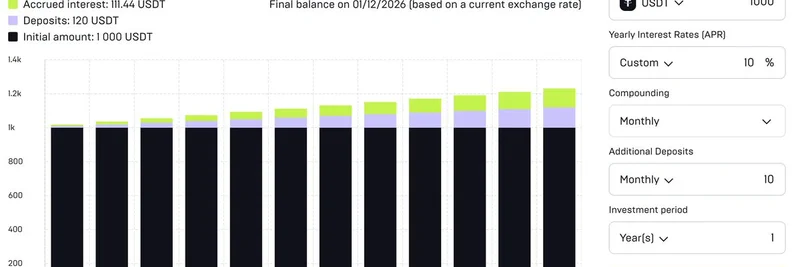In the fast-paced world of meme tokens, where hype can skyrocket a project overnight, founders often grapple with how much control to relinquish. A recent discussion on X (formerly Twitter) sparked by Maximilian (@heymaximillian) questions why early-stage teams should hand over governance when they can just raise funds privately or through fair launches. Takisoul (@Milimalism), a Solana power user and core contributor to projects like Realms DAOs, fired back with a compelling case for decentralization. His thread flips the script, arguing that true decentralization isn't a hindrance—it's a superpower that makes projects unstoppable.
Let's break down Takisoul's key points and see how they apply directly to meme tokens, which thrive on community energy and viral momentum.
Building Legitimacy and Alignment Through Ownership
Decentralization isn't just buzzword bingo; it's about giving your community real skin in the game. When token holders feel like owners—through voting rights or governance proposals—they're more likely to stick around, build tools, and evangelize your project. For meme tokens, this is gold. Think about it: memes live and die by their communities. If holders can influence decisions, like marketing campaigns or tokenomics tweaks, they're invested beyond just flipping for profit. This creates a loyal army of supporters, turning a simple pump into a sustainable ecosystem.
Regulatory Insulation as Smart Risk Management
No one's talking shady offshore setups here. Decentralization acts as a shield against regulatory headaches by distributing control. For meme token founders, especially on chains like Solana where launches are quick and cheap, this means less personal liability. If the project is truly community-governed, it's harder for regulators to pin everything on the founding team. It's practical, not idealistic—helping you navigate the murky waters of crypto laws while keeping the fun alive.
Prioritizing Network Effects Over Pure Capital
Sure, private investors can dump cash into your treasury, but community governance unlocks something money can't buy: organic growth. Liquidity comes from engaged holders trading and providing LP, evangelism spreads the meme far and wide, and contributors pour in ideas or code because they have a voice. Meme tokens exemplify this—projects like Dogwifhat or Bonk exploded not from VC backing but from grassroots hype. Governance amplifies that by aligning incentives, ensuring the community drives the narrative and value.
Achieving Antifragility and Long-Term Continuity
Crypto is volatile; founders burn out, teams pivot, or worse, projects get acquired and gutted. Governed networks, however, can evolve independently. This antifragility—coined by Nassim Taleb to describe systems that get stronger under stress—is crucial for meme tokens aiming to outlast the hype cycle. Imagine your token's protocol living on through community upgrades, even if the original team steps back. That's the dream of building a lasting meme culture, not just a quick startup flip.
Fostering Transparency and Trust
Onchain governance logs every decision publicly, cutting out backroom deals and politics. For meme tokens, where rug pulls and scams erode trust, this transparency is a game-changer. Holders can see proposals, votes, and outcomes on the blockchain, building confidence that the project isn't manipulated by whales or insiders. It reduces gatekeeping, letting anyone with tokens participate and feel heard.
Gaining Strategic Leverage Early On
Takisoul emphasizes designing rules before the crowd rushes in. Early decentralization lets founders and believers set the governance framework on their terms. For meme tokens, this means launching with basic voting mechanisms via tools like Realms on Solana, then expanding as the community grows. It's smarter to ease into it than force it later under pressure, avoiding the "decentralized theater" where projects pretend to be community-led but aren't.
Importantly, Takisoul notes you don't need full decentralization from day one—it's a journey. Start small, like with token-weighted voting on minor decisions, and scale up. This approach resonates in the meme space, where many projects begin as fair launches but struggle to transition to true governance. By embracing it early, you rally early believers who become your fiercest advocates.
In the end, for meme token creators, decentralization isn't about giving up control—it's about multiplying your project's potential. As Solana continues to dominate the meme meta with its speed and low fees, insights like these from experts like Takisoul remind us that community-driven models are the path to enduring success. If you're building or investing in memes, consider how governance could turn your token from a fleeting joke into a blockchain staple.

